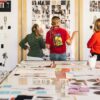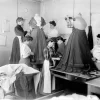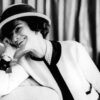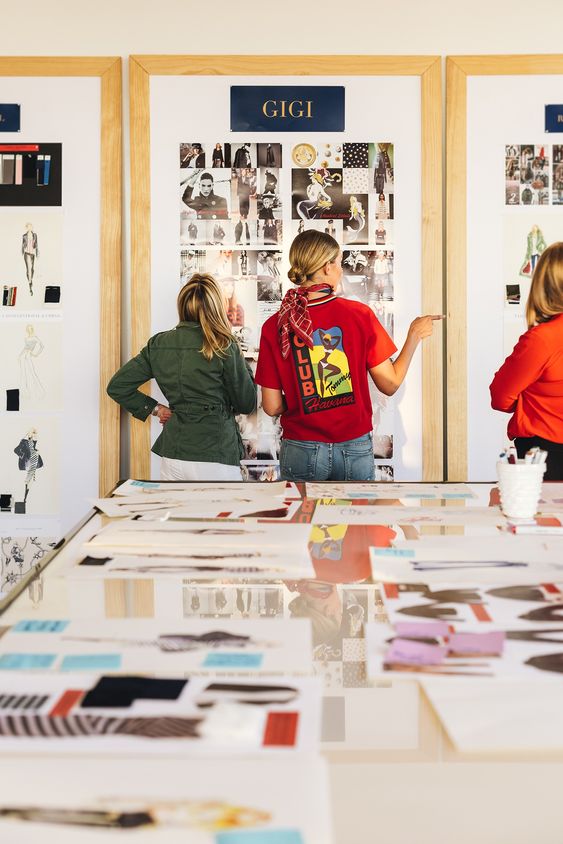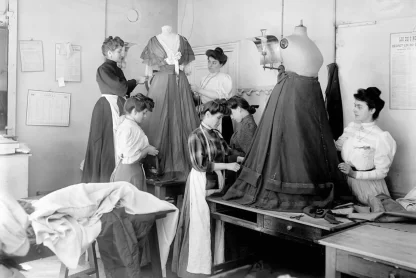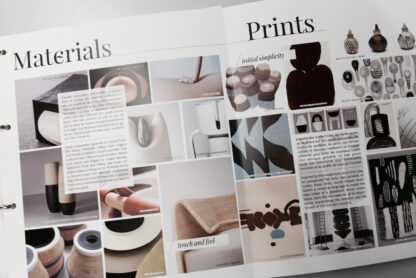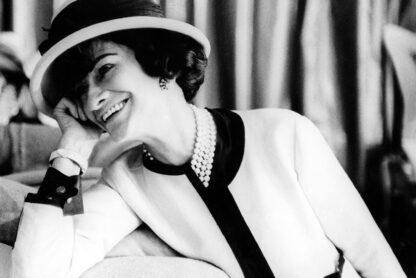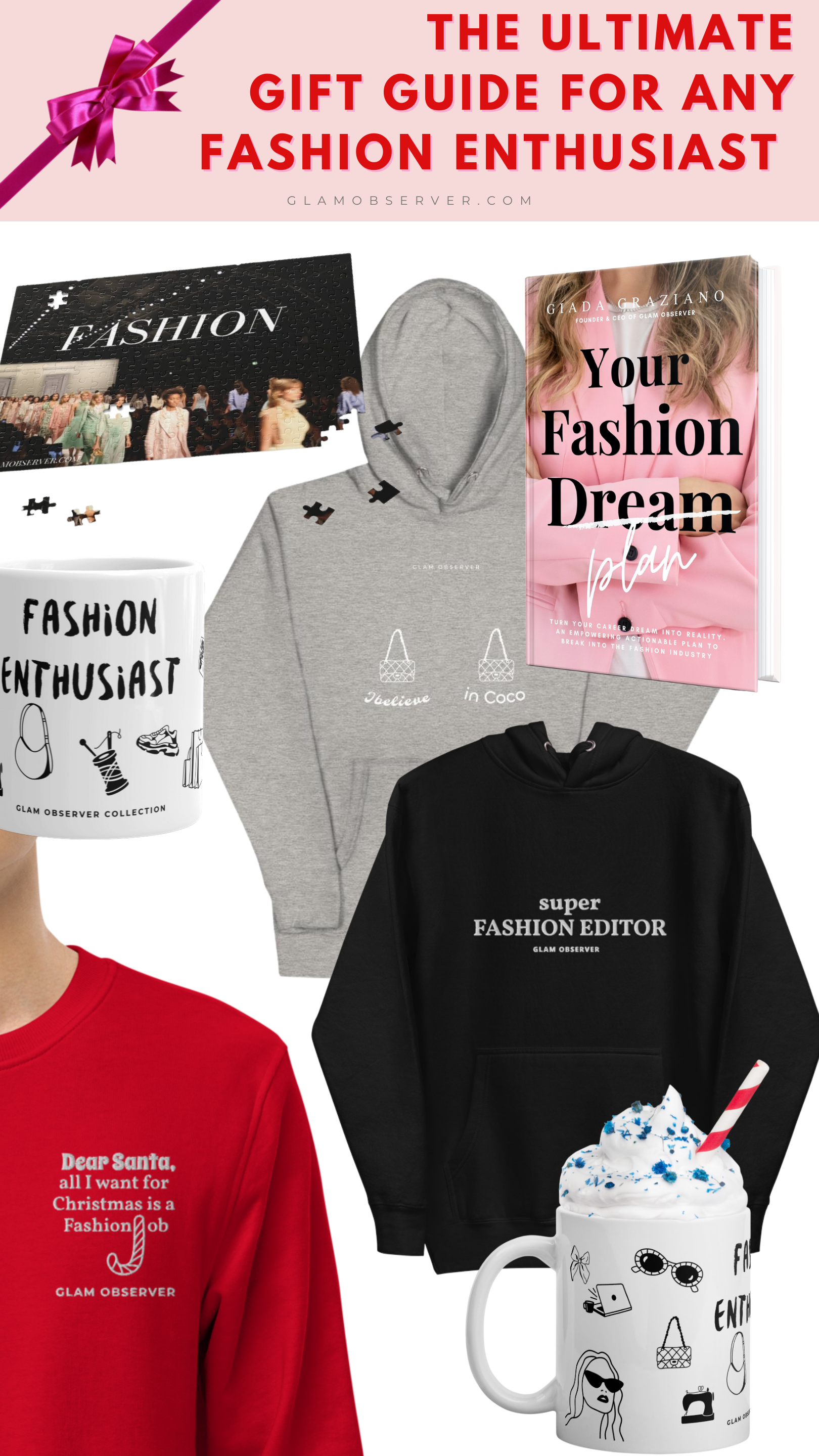Although fashion is commonly defined as a creative industry, the right side of your brain is not the only one working if you are someone involved in the fashion business.
The human brain is divided into two main hemispheres. Shortly there is a left brain and a right one. The left brain is the logical one, the one that is more towards analytics and rational thinking. The right brain instead, is the creative one, more linked to visuals and imagination.
People are usually defined as left-brained or right-brained if they are more logical or more creative respectively. Even though some theories affirm that people can’t be only one or the other.
Being fashion a creative industry, you might be thinking that anyone involved tends more towards the right side of the brain, but it’s not like that.
The reality is that if you want to be successful in this industry you can’t just be a creative person.
The success of the Maison Valentino would not have been the same without the business help of Giancarlo Giammetti, despite Garavani being an exceptional designer. As well as Yves Saint Laurent the creative mind, had Pierre Bergè as his mentor and co-founder (together with life partner).
Great collections and more generally fashion brands and not successful only thanks to the unlimited creativity and imagination of a designer.
The fashion industry is a beating heart that works only if both creative and business work along smoothly. There is no fashion without creativity, but there isn’t fashion without business either.
I still remember this story from a decade ago. When I was looking for my first fashion internship, I applied for 3 positions at the same time. Luckily I got an interview with all of these 3 companies. For the strategies, I used to get these internships check out my free masterclass.
One company asked me what I liked to do in my spare time. At that time I had a very small Etsy shop where I was selling some fashion illustrations and during winter I was also manually decorating Christmas ornaments in a fashionable way. It was a fun project for me as I enjoyed illustrating plus I already had an entrepreneurial mind and I wanted to make some money on my own.
They wanted to take a look at the products during the job interview and they were impressed. I still remember them saying that I was both a right-brained and left-brained person. They didn’t expect that from me as I had just graduated in management engineering which categorizes you as a logical, methodical person since your bread and butter for the past years were numbers and analysis.
I was also not applying for a creative internship such as styling or design, so this was not another point in favor of the right side of my brain. So they were pleasantly surprised because they supposed that I was more towards management and business, and they were happy to discover that despite having a strong business mindset I also had a creative side.
I applied for 3 fashion ecommerce internships as that was my passion at that time, and despite this is not a creative role in fashion, the company of the story above, really loved the fact that I had this creative side as well.
Business and creativity go hand in hand in fashion. If everyone would just care about the design part, fashion would not be the billion dollar industry that it’s today. That’s why one of the main problems of fashion schools is that they focus more on the creative side and just a little or nothing about the business side.
You’ll learn it on the job though. Many young fashion enthusiasts approaching the working world, find a reality once they are inside the company that it’s different from what they were expecting.
I didn’t expect that everyone in fashion spends their days on a tool such as Excel either when I first entered the fashion industry with my first internship a decade ago.
Not all of the careers in the industry are business-oriented of course. There are more creative jobs and there are jobs focused more on the business side of the industry but one needs to understand and work with the other. A stylist/fashion editor must respect a budget when organizing an editorial campaign. Digital fashion writers need to produce articles that not only entertain the reader but that at the end of the day drive traffic to the website. As well as buyers who look at spreadsheets and analyze data and sales to decide what to buy next, must also understand what’s going to be trending next season to decide what to stock in their store. It’s always a mix of creativity and business. Even a CEO who is more towards the management side of the industry needs to understand the mechanism of fashion: seasons, fashion weeks, which creative director to hire…
Every decision is a mix of creative and business. So if you want to be part of this industry you must take into consideration both aspects even if you prefer one over the other. Read some business and marketing books and articles to understand more about the business side of a company and learn the history of fashion, look at images if you are a left-brained person.
Which are you? Leave your comments below
